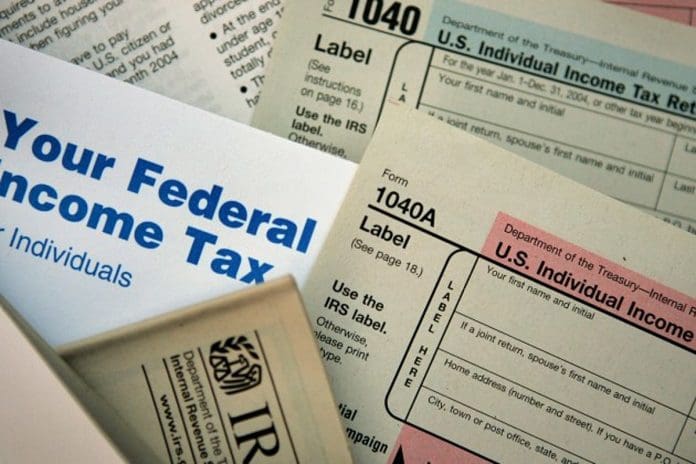Many Americans will be getting a smaller tax refund this year as the tax credits offered as pandemic relief have reverted back to pre-pandemic levels, the Internal Revenue Service (IRS) is a warning. Tax season officially began on January 23 and ends on April 18 after the stimulus check of Tax Day filing deadline.
With the recent policy change, financial planners say now is a good time for taxpayers to get a sense of their financial standing and whether they qualify for refunds or owe money to the IRS. the average Tax Refund in 2021 was $3,039, a 7.5% increase from the previous year, thanks to government tax credits for children, department care, charitable deductions, and more generous income tax credits.
Stimulus Check For Other Tax Payers In The Pandemic-Era
For some taxpayers’ stimulus checks, the loss of these pandemic-era benefits could make this tax season more stressful than previous years, especially at a time when rising prices are already making it harder to pay the bills. Roughly one-third of Americans depend on tax refunds to make ends meet. A recent Credit Karma Survey found. Gen-Zers and Millenials are even more likely to depend on the payment as they look to build up their savings, pay down debt, and fund extra expenses like vacations, according to the survey.
Three days into tax season, Mark Steber, chief tax information officer at Jackson Hewitt, says he hasn’t noticed a “dramatic” decrease in the number of refunds people are receiving just yet, but that it’s still enough to impact lower-income Americans. Two years ago, the federal government expanded several tax credits for 2021 to help support families through the financial hardships during the COVID-19 pandemic, when many Americans were out of stock.






